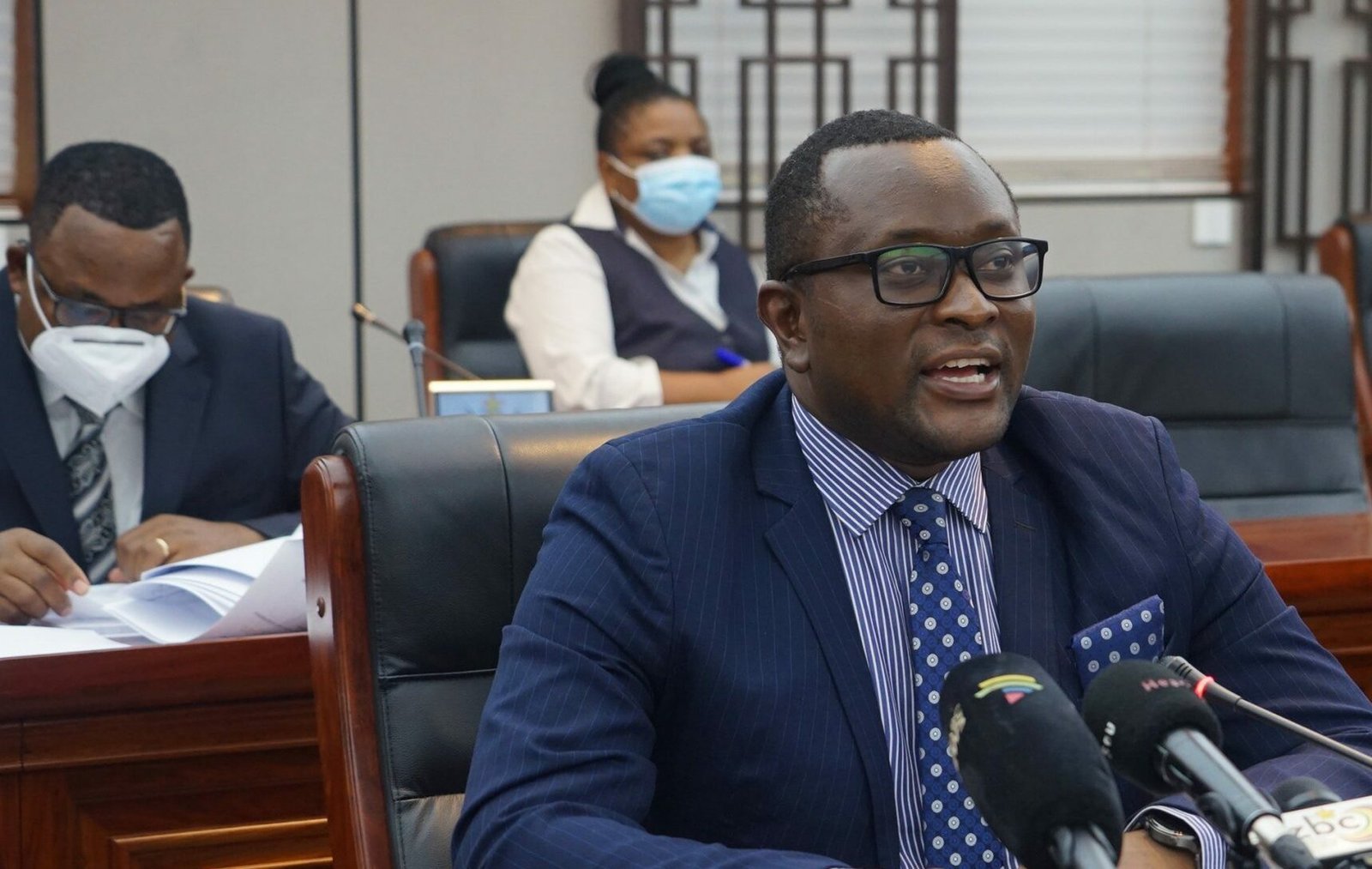Zimbabwe’s Cabinet has taken a decisive step towards strengthening the legal protection of minors by approving amendments to the Criminal Law (Codification Reform) Act. This move aims to harmonize the country’s sexual consent laws, criminalizing sexual relations with individuals below 18 years of age.
The amendment focuses on aligning Section 61 of the Criminal Law (Codification Reform) Act with the Constitutional definition of a child. Previously, a legal discrepancy existed where the Constitution defined a child as anyone below 16 years, while the Criminal Law extended this definition to include those under 18. This created a legal vacuum for individuals aged 17 and 18, leaving them inadequately protected.
The Cabinet’s decision seeks to rectify this inconsistency. Information Minister Jenfan Muswere, in a recent Post Cabinet Briefing, highlighted the importance of the amendment. He noted that the current version of Section 61 fails to offer the same level of protection to 16 to 18-year-olds as afforded to younger children under the Constitution, which recognizes every boy or girl under 18 as a child.
The proposed changes involve incorporating the Constitutional definitions of a child into the Criminal Law Codification and Reform Act. This includes provisions related to marriage and sexual offenses, ensuring comprehensive protection for all individuals under the age of 18.
This legal reform is seen as a significant advancement in safeguarding the rights and safety of minors in Zimbabwe. It aligns the nation’s laws with international standards on child protection and addresses a critical gap in the country’s legal framework regarding the welfare of its younger population.
The amendment to the Criminal Law (Codification Reform) Act marks a vital step in ensuring uniformity in the legal treatment of minors across different statutes. The harmonization of these laws is expected to enhance the legal mechanisms for protecting children and adolescents from sexual exploitation and abuse.








